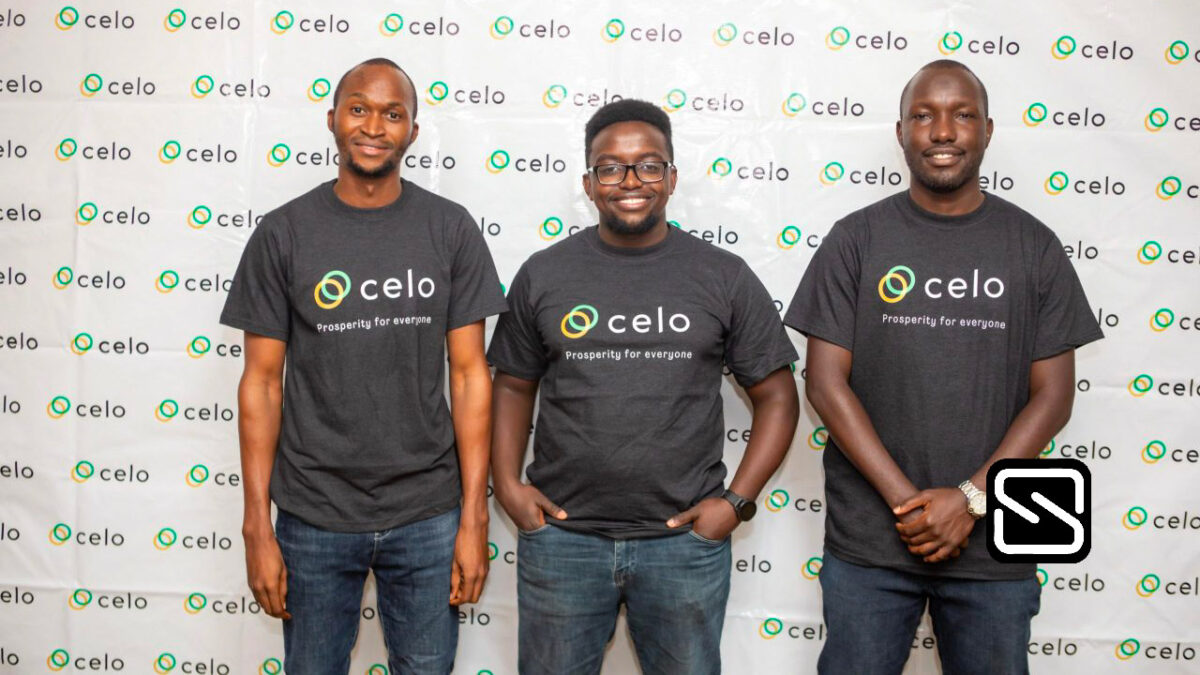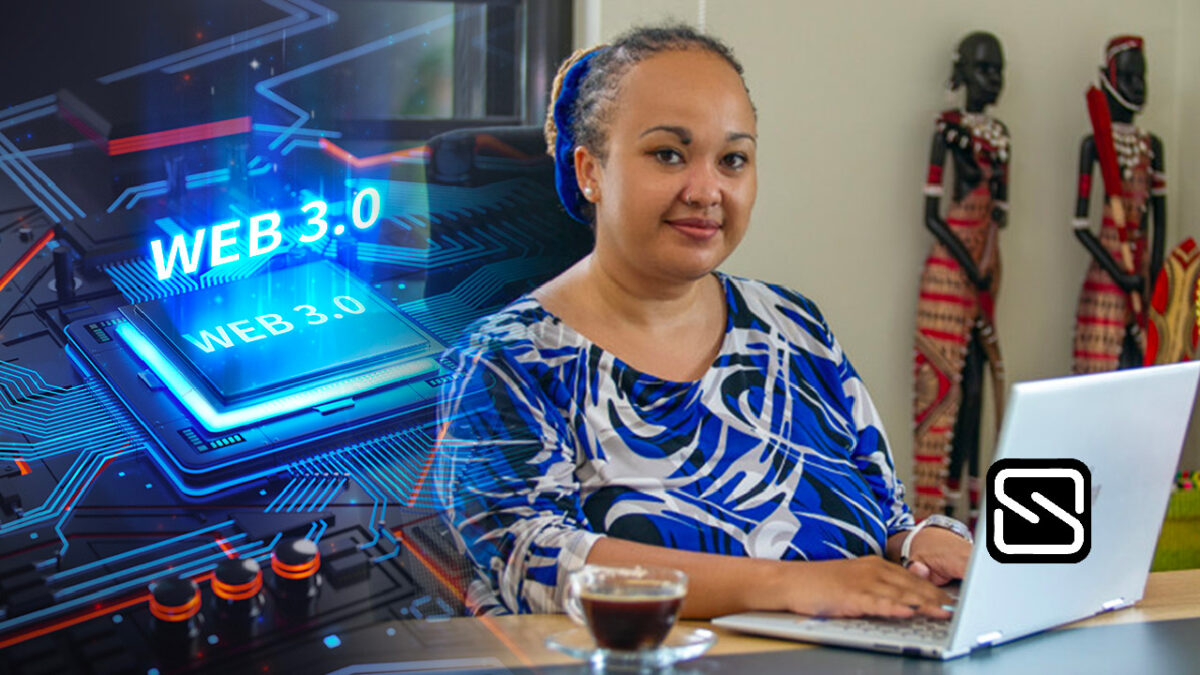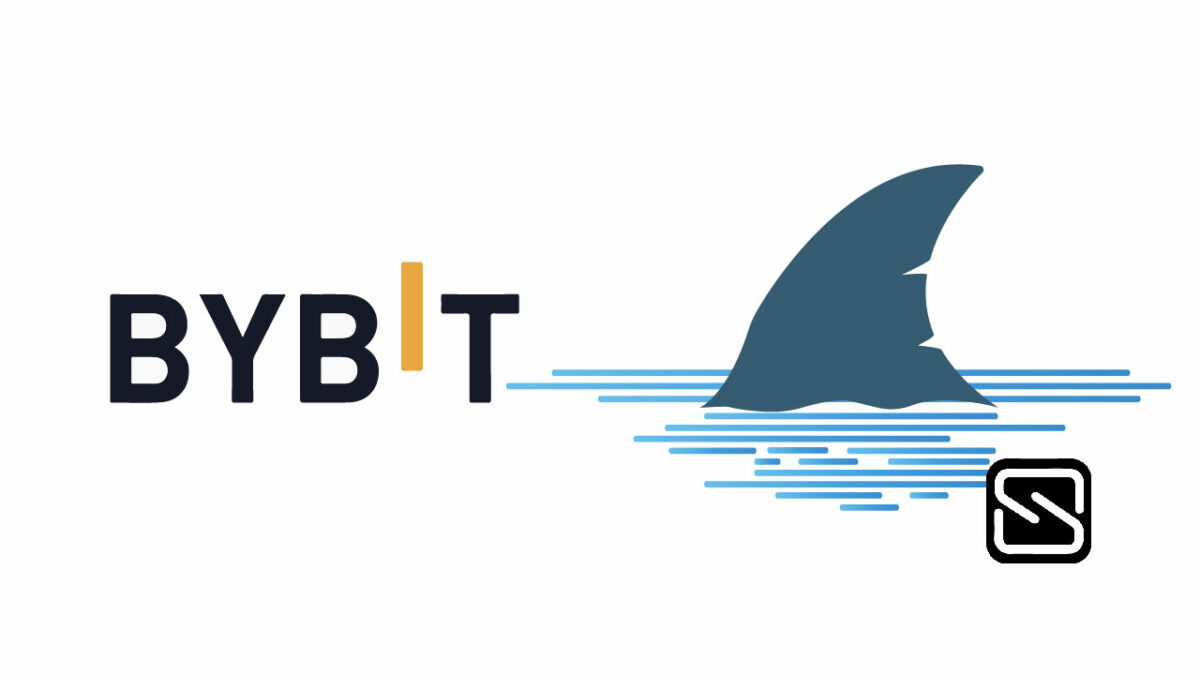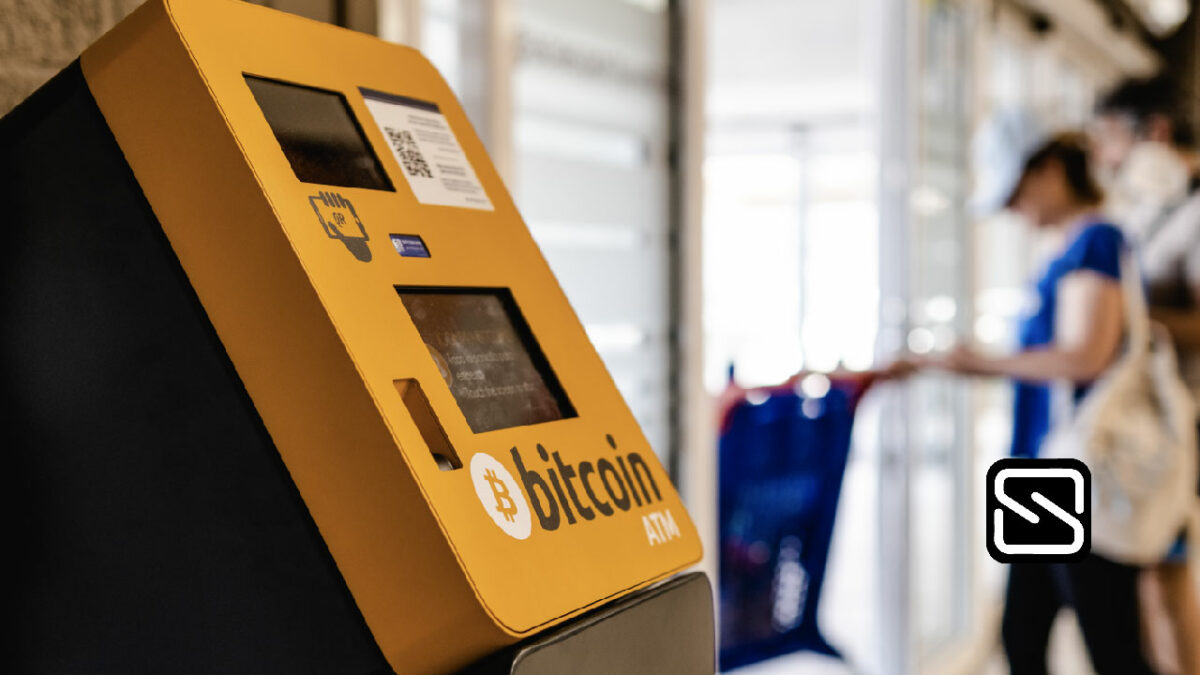When most people think of blockchain, the next thing that usually comes to mind is crypto currency. Indeed, the blockchain and cryptocurrency are related, because without blockchain there is no cryptocurrency. Blockchain is a digitally distributed, decentralized public ledger that exists across a network. Cryptocurrencies use the blockchain to keep transactions secure and decentralized. Due to the fact that transactions on blockchain cannot be manipulated without external parties noticing, cryptocurrencies which by their nature do not have a central regulatory body are able to maintain their integrity to their users.
With the assurance of keeping information immutable and secure, blockchain has the potential to revolutionize how industries other than the crypto industry operate. Here are just some transactions and interactions that could benefit from blockchain.
Voting
In most African countries, the issue of election malpractice and rigging are almost inevitable. After the elections then come the dramatics of the election petitions where candidates labour to prove election irregularities and malpractice or lack thereof. This shouldn’t be the case. In order to uphold democracy, the citizens of a country should trust that their votes count and matter, otherwise, what would be the point?
A system that uses blockchain to ensure that votes are entered by actual registered voters, and that the actual number of votes counted is captured accurately could be the answer.
Nimit Sawhney, Voatz stated, “We’re working on using blockchain to improve the resiliency, security and audibility of election systems. Traditional election processes and their trust institutions have been severely challenged and undermined over the past few years. A data driven, evidence based approach backed by a zero-trust blockchain infrastructure that enables every citizen to anonymously and privately audit the ballots can help restore trust in the system.”
Digital Identity
The immutable capabilities of blockchain could serve well in addressing identity theft and faking and counterfeiting identity cards and also help in confirming the legitimacy of identity cards issued by governments.
Other than the benefits to the government, the privacy of the citizens of countries stand to be promoted. The blockchain identity management market is estimated to grow by US$3.58 billion in the span of 5 years from 2021 to 2025 with the key factors attributing to the growth being: the rise in the demand for digitalization and privacy.
According to Neil Martis, the co-founder and project lead of LegitDoc, self sovereignty stands as one of the biggest benefits of blockchain-based digital IDs. Martis also hinted at blockchain having the capability of empowering users to share partial or selective information with their service providers instead of handing over their complete identity.
So far, Ethiopia seems to have taken a headstart in embracing the technology here in Africa with reports of the country partnering with Tech5 to use T5-ABIS for deduplication and ID generation.
Public Service
In Africa, public servants and transparency may be considered to be mutually exclusive. This should never be the case. Taxpayers should be able to easily access the true records of the public budgets, meetings and reports and have the confidence that they have not been tampered with.
According to Sheraz Ahmed of STORM partners, there is a lot of potential for blockchain in the public sector. Transparency can combat institutional corruption by making budgeting decisions accessible to the public, forcing officials to behave more responsibly with public funds.
Blockchain could be an answer to the African corruption problem.
Refugee Aid
The African continent is no stranger to the strain war and conflict put on the socio-economic fabric of the society. One of the major issues associated with war is that many people flee to other countries seeking refuge as refugees. According to the United Nations High Commissioner for Refugees, Uganda alone hosts over 1,531,593 refugees as of May of this year. As one can imagine, the life of a refugee in a foreign land can be one of immense difficulty in terms of accessing resources.
In comes blockchain with a solution to address the major issues facing refugees: identification and access to resources.
A project that ended on the 31st of May 2017 run by the United Nations World Food Programme (WFP) was designed to provide resources to thousands of Syrian refugees by giving them cryptocurrency-based vouchers that could be redeemed in participating markets. The platform was implemented by Parity Technologies, a startup led by Ethereum co-founder Gavin Wood and data firm Datarella. According to CoinDesk, the platform registered significant success in recording and authenticating transfers for about 10,000 individuals. Alexandra Alden, a WFP innovation accelerator consultant, told CoinDesk that the funds were used to specifically purchase foodstuffs by the participants.
Here in Uganda there is a platform that has picked a whole tree from the WPF project in using blockchain to service the humanitarian needs of refugees. Crypto Savannah, which is a Ugandan crypto firm, has partnered with CoinBase and Mercy Corps to launch refugee digital identities and a cash project. The aim of this project is to provide economic empowerment and financial inclusion for refugees. The project is being run in two pilots, the first being a digital pilot powered by blockchain that will be built to verify identity and facilitate digital transactions. The second pilot will leverage the digital identities created in the first pilot, and each participant will establish a digital wallet that can be used to receive, store and spend funds.
Medical records
Medical records are considered to be private information, and they need to be stored with integrity. Also, the accuracy of medical records can potentially save the life of a person.
With the help of blockchain, the medical industry can ensure that the medical records of patients are kept secure and easily accessible during medical emergencies.
A Kenyan startup called AfyaRekod launched a blockchain driven universal patient portal providing real time access to health data and medical history.
Supply chain management
Blockchain may offer the transparency needed in supply chains that are monitored by multiple parties. The technology could go a long way in safeguarding companies from unnecessary losses, and also maximize the quality of the output given. “…Blockchain-backed supply chain software increases public trust in consumer goods and efficient demand forecasting for upstream organizations in the supply chain.”- Brain Platz, Fluree.
Event ticketing
According to an article by Forbes, as recent as in March 2020, mobile event ticketing had very little promise. Now, using blockchain for event ticketing is becoming more and more popular as event organizers have discovered that the technology could be the answer to the 4 major challenges with organising events: fake tickets, fake scalpers and bots, security and data.
With each ticket sold having its own “identity” on blockchain, it becomes easier to know which tickets are fake. This could help address the issue for both the event organizers who would avoid loss of revenue this way, and for the event-goers, the frustration of being hyped for an event only to be turned away at the entrance for having a fake ticket (how embarrassing!)
The technology could also promote security in the events, in more ways than one. First of all, there would be information on all the bearers of the tickets. Secondly, while in the Covid-19 /pandemic era, issues such as vaccine passes may become life as we know it.
The event organizers also stand to benefit in retaining the data of the event goers which may come in handy the next time they want to throw a similar event. They already have the potential attendants just a click away.
Conclusion:
This could be just the tip of the iceberg. Only time will tell what other revolutionary capabilities blockchain has.









